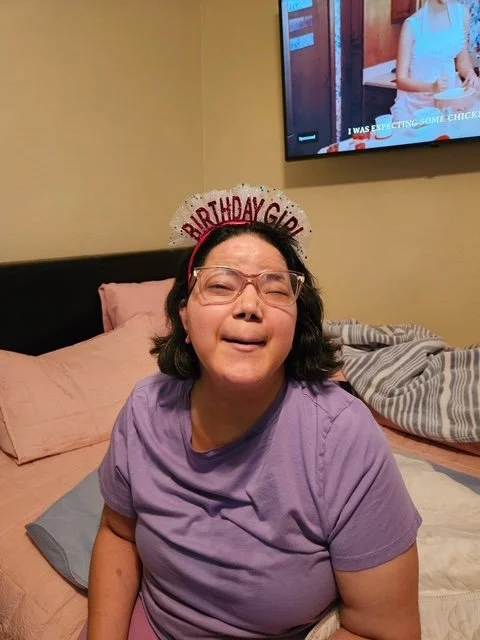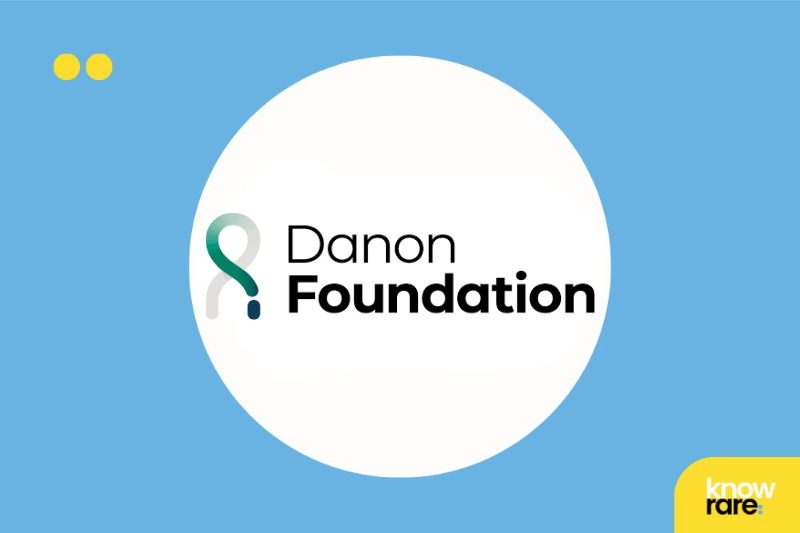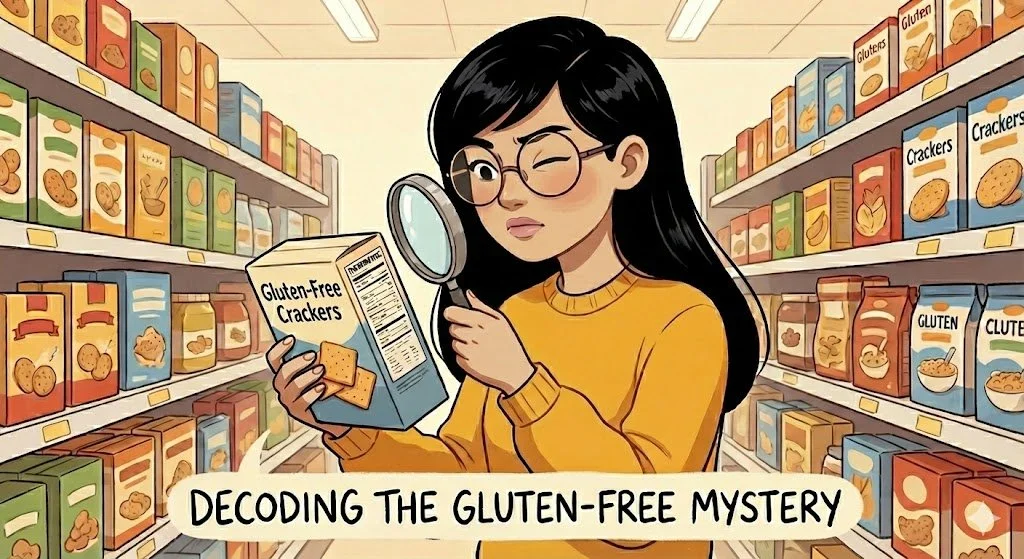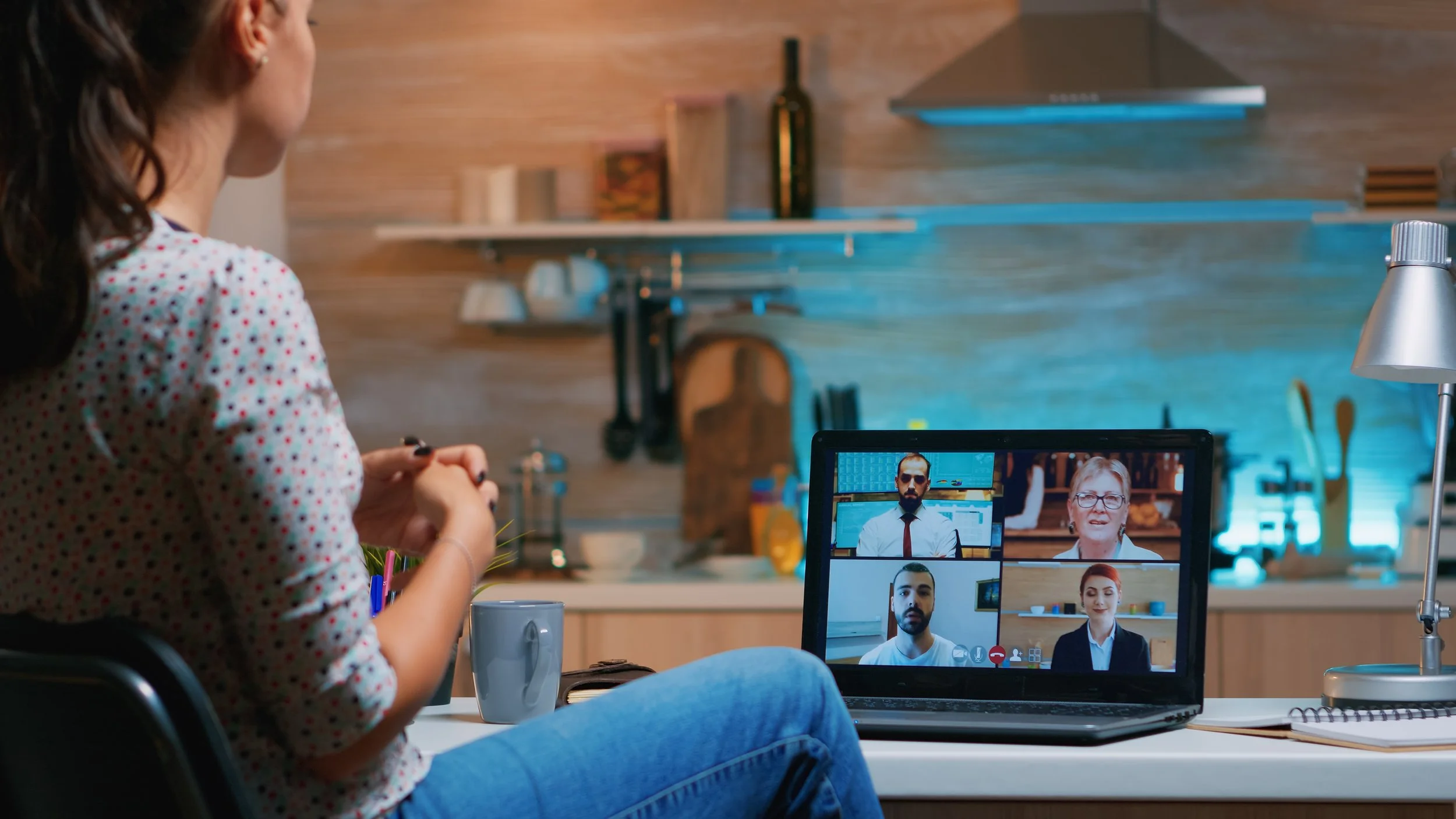Owning What Makes Us Rare
By Becky Tilley
Mine and my children’s diagnoses for Koolen-de Vries syndrome were a bolt out of the blue. I could never have seen it coming. At first, I was weighed down by a blameless guilt that made me question everything. Guilt for something I had no control over. Guilt that my children would carry something I didn’t even know I had. It took time, a lot of therapy, and a journey through grief and healing to finally let go of that guilt and make peace with our reality.
I didn’t just make peace with it. I embraced it.
Not only for my own sake but for the sake of my two rare and remarkable youngest children. Children who, like me, would grow up in a world that isn’t always kind to those who don’t fit the mold. Children who might struggle with things that seem so simple for everyone else. Things like processing information, navigating social situations, or grasping concepts that others breeze through without effort. I knew those struggles all too well, and I couldn’t bear the thought of them walking through the same lonely paths I did.
A New Diagnosis
In December 2024 another layer of my journey unfolded: I received an additional diagnosis of ADHD. I thought I had already built a strong sense of identity through my neurodivergent journey, but this diagnosis hit hard. Harder than I expected.
Koolen-de Vries helped explain the learning difficulties, the social challenges, and the feeling of always being one step behind. But ADHD gave me a new understanding of why I struggle to focus, why my emotions sometimes run the show, why organizing my life and completing daily tasks can feel impossible. I felt exposed. Like someone had handed me a mirror that only showed my struggles and told me to make sense of it all. It hasn’t been easy. There have been days I’ve cried from exhaustion, from overwhelm, from trying so hard to function when my brain just won’t cooperate.
But I’ve learned something powerful. ADHD and KDVS are not my fault. But they are my responsibility. And that’s where I’ve found my strength. In owning them. In showing up anyway.
So I shifted. Radically. I changed how I saw being different. I stopped seeing it as a problem to fix and started seeing it as a powerful part of who we are. I got to work on rewriting the narrative, not just for me, but for my kids. I embraced what made each of us unique and began walking forward with courage, resilience, love, and full acceptance.
A New Way of Navigating the World
I’ve created systems that help me function. I have a daily list stuck on the fridge that brings order to the chaos. I include everything that I know helps me thrive—movement, community, time with my kids, fresh air, nourishing food, rest, creativity, and connection. I’ve started exploring new ways to get the support I need so I can keep showing up not just for them, but for myself too.
If I didn’t want my children to grow up feeling like the misfit I once did, I had to show them how to own what makes them rare. I had to stop hiding. I had to stop apologizing. I had to model what it looks like to accept your whole self and hold your head high.
Writing my Thrive Rare book gave me a voice and a place in the world I never thought I’d find. I’ve created and joined communities of others who are just like us—figuring out how to thrive in a world that wasn’t designed for us. A world we’re choosing to show up in anyway, fully ourselves, and finding ways to shine.
My children are already becoming who they were meant to be. They have their own passions and interests and express themselves in such beautiful, unique ways. I get emotional just watching them thrive in their own time, on their own terms. They are not defined by their diagnosis, and neither am I. It’s not something that holds us back. It’s something that reminds us of our resilience.
We all deserve a thriving life. A strong, purposeful, healthy, joy-filled life that reflects who you are, not in spite of your differences, but because of them. Your voice and presence in this world matter, always.































